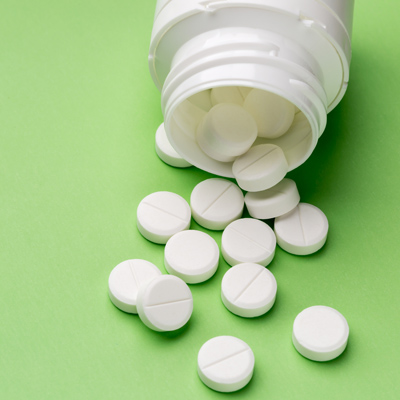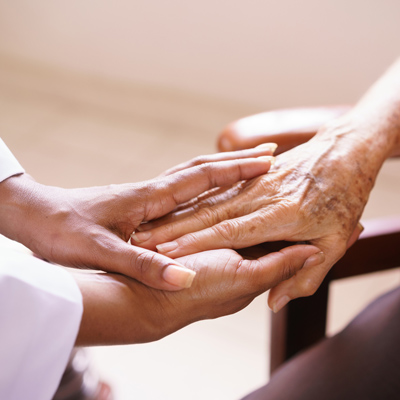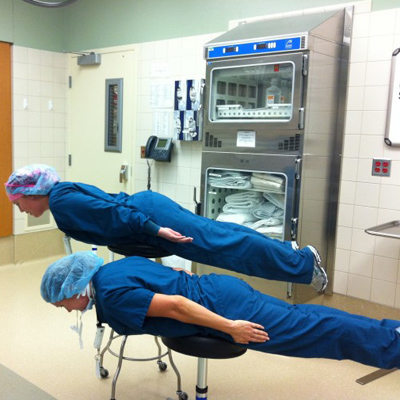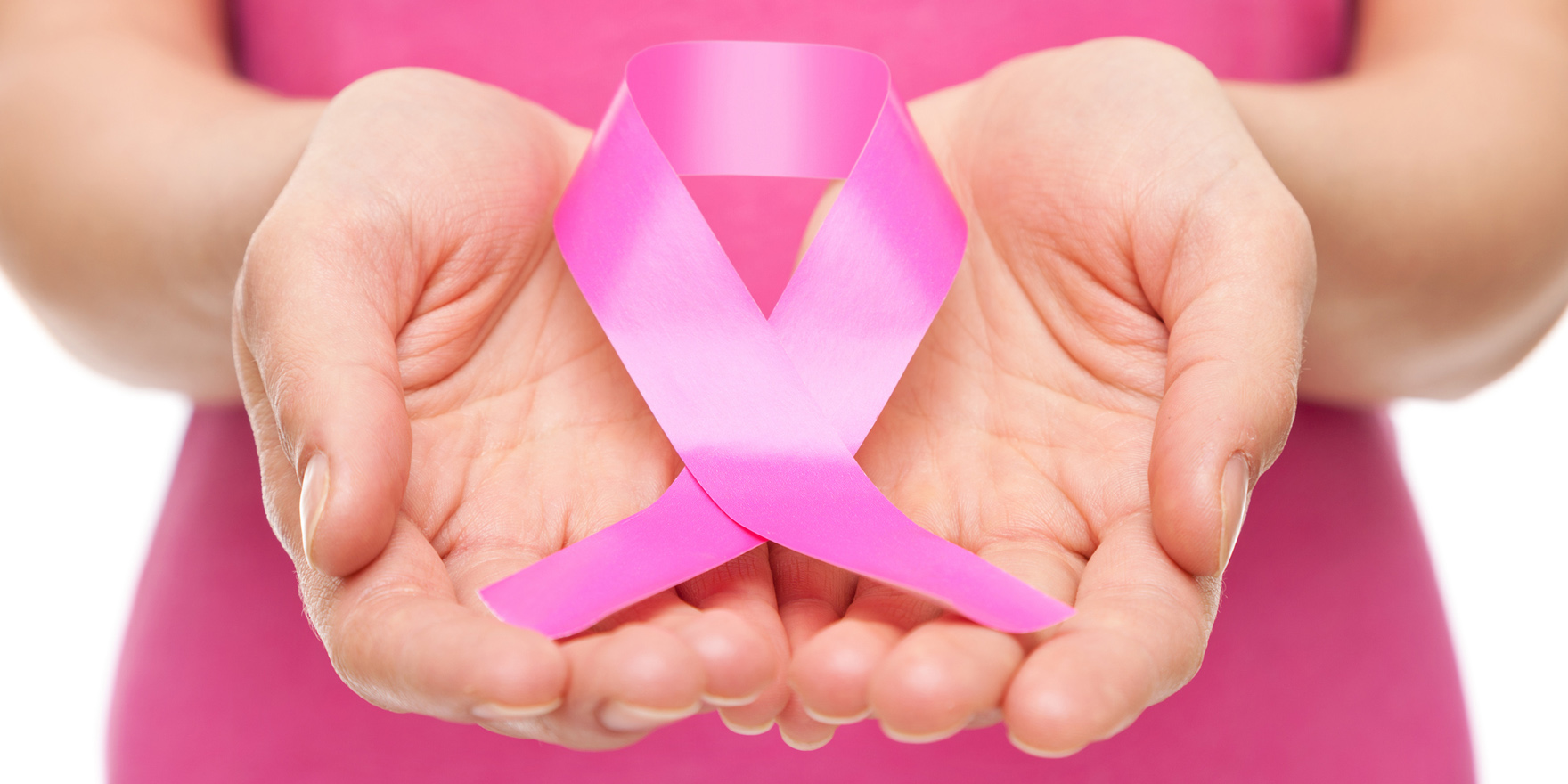TMR's top four round-up from the leading medical journals
TMR’s top four from the leading medical journals:

Aspirin, breast cancer link
Women with type 2 diabetes may be able to reduce their breast cancer risk by taking a low dose of aspirin, a Taiwanese study suggests.
Researchers studied nearly 150,000 women with diabetes over a 14-year period and assessed the incidence of breast cancer among women who were taking daily low-dose aspirin (75 to 165mg a day).
Compared with women who did not take the aspirin, those who did were found to have an 18% lower risk of breast cancer over the study period.
Additionally, the researchers found that women who took a high cumulative dose of aspirin over 14 years of follow-up had a 47% reduced risk of developing breast cancer.
Journal of Women’s Health; online 12 June

The case for PPIs
Older patients taking daily aspirin therapy are encouraged to take PPIs to reduce their risk of upper gastrointestinal bleeding.
A study of more than 3000 patients found that in most patients over the age of 75, major upper gastrointestinal bleeds were disabling or fatal, and that people in this age group were at three times the risk of major bleeding compared with younger patients.
The researchers encouraged concurrent PPI use in older patients taking daily aspirin, after discovering routine PPI use would prevent one disabling or fatal upper gastrointestinal bleed over five years for every 25 patients aged 85 and older taking the antplatelet therapy.
Lancet; online 13 June

Yoga works for back pain
Yoga can be as effective as other forms of physical therapy for treatment of chronic low back pain, a study shows.
Researchers randomly assigned 320 racially diverse adults with non-specific chronic low back pain to a 12-week yoga program, a physical therapy program, or an education-based program with no physical component.
After 12 weeks, people in the yoga group were 21 percentage points less likely to use pain medications for their pain than those in the education group compared with 22 percentage points less for physical therapy versus education.
The study concluded a manualised yoga program for nonspecific chronic low back pain was noninferior to physical therapy for function and pain.
Annals of Internal Medicine; online 19 June

Bed position and stroke
The bed position for nursing patients who have had an acute ischaemic stroke has no impact on their recovery rates, a trial of more than 11,000 patients has found. Researchers at the George Institute for Global Health used a randomised trial to test whether having patients lying flat or sitting up reduced death or disability.
Earlier studies indicated lying flat might improve recovery by increasing blood flow in the main arteries to the brain. The study found no conclusive evidence to support this position and that were no significant harms associated with either lying down flat or sitting up.
The majority of patients in the study, conducted in 114 hospitals internationally, had mild to moderately severe strokes, with an average age of 68 years.
NEJM; online 22 June


